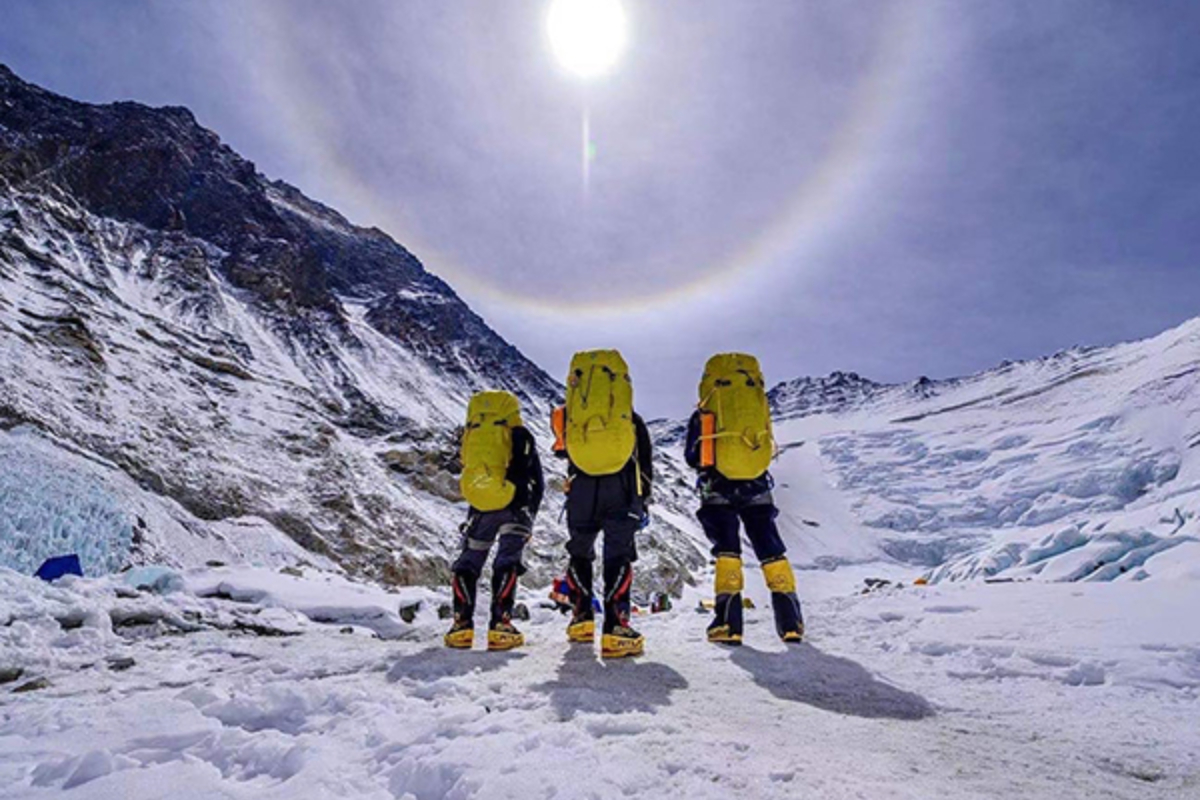Nepal cancelled two day weekly holiday
Nepal will restore a one-day weekly holiday this week after experimenting with...

Nepal restricts individual hikers throughout the nation
Five years after outlawing solo climbers on Mount Everest, Nepal’s government has now made the prohibition applicable throughout the entire nation.
Eight of the world’s tallest summits are found in Nepal, but the country is also well-known for its stunning rural trekking areas. Going forward, tourists who want to trek in isolated areas must either work with a government-approved guide or travel in a group.
The expense of search and rescue operations for lone hikers who get lost is substantial, despite the fact that trekking is one of the nation’s largest revenue generators.
Mani R. Lamichhane, director of the Nepal Tourism Board, tells that when traveling alone, there is no one to assist you in an emergency. “The infrastructure is inadequate in the remote mountains, but it is acceptable if they are traveling in the cities.”
“Even the government cannot monitor tourists when they go missing or are discovered dead because they have traveled remote routes,” continues Lamicchane.
In addition to the difficulties brought on when hikers disappear in rural regions, Lamichhane claims that unlicensed tour operators are also a problem. The tourism director claims that these businesses that do not file with the government steal jobs from Nepalis and do not pay taxes.
“In a few instances, the trekking association has asked us to put an end to these illegal trekking activities. For a very long period, tourism associations have been requesting this,” he claims.
The new law is being met with mixed reactions from the climbing and trekking society.
The decision makes sense, according to Ian Taylor, proprietor of a reputable guide service with a long history in Nepal, as more and more people try challenging climbs there.
In the past few years, “things have drastically altered in the area,” he tells.
Only seasoned hikers and climbers could be found in the area in the past; many of them were fully self-sufficient and traveled without guides.
“However, the number of travelers in the area has significantly increased, and more visitors than hikers are among them. They require the help of seasoned guides because they are unable to survive on their own in the wilderness.
Taylor adds that the decision to enact a broad ban was made because the Nepali government lacks the resources to examine each individual visa applicant individually.
It is very disappointing that it has come to this as someone who loves the mountains and traveling to mountainous areas of the globe, Taylor continues.
“We never want to see restrictions on people’s access to the slopes. However, because of how unique the circumstance is in Nepal, adjustments are necessary.
Catch all the Business News, Breaking News Event and Latest News Updates on The BOL News
Download The BOL News App to get the Daily News Update & Live News.